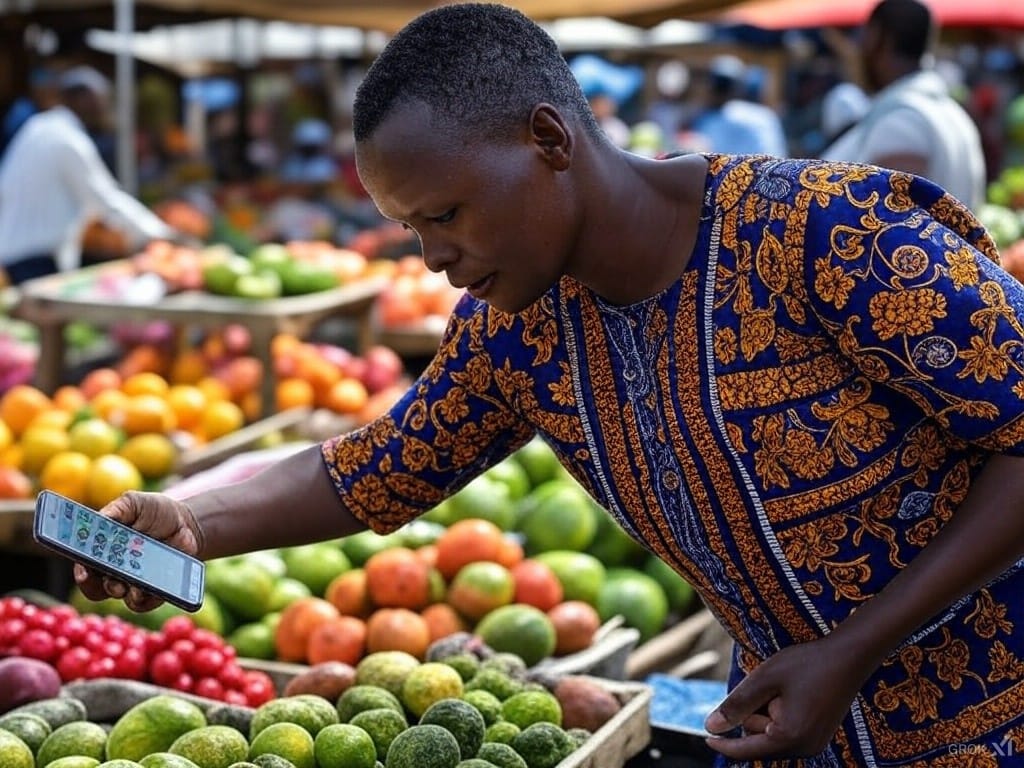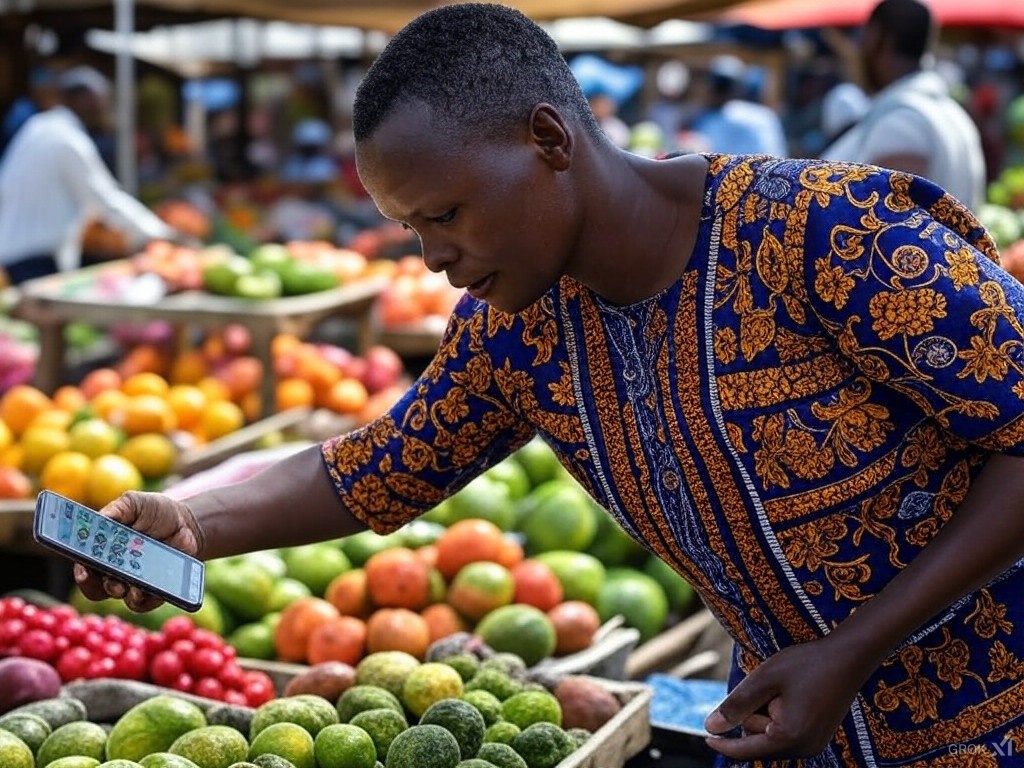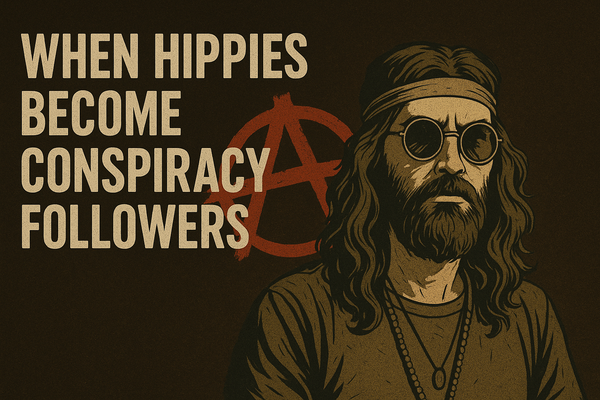Giving Power to the Unbanked: A Look at Community Currency in Kenya

The content of the paper is currently under review (or disputed) (and it may contain unverified information)
This blog post explores a fascinating research paper titled "Prefigurative Imaginaries: Giving the Unbanked in Kenyan Informal Settlements the Power to Issue Their Own Currency" by George Kuk and Stéphanie Giamporcaro. The paper examines how a grassroots organization, Grassroots Economics, used imaginaries – collective visions of alternative systems and values – to drive social change through a community currency system in Kenya.
Challenging the Status Quo
The study focuses on how Grassroots Economics tackled the social irresponsibility of the Kenyan banking system, particularly its failure to serve the unbanked population in informal settlements. They aimed to empower these communities by enabling them to create and manage their own currency system.
The Power of Imaginaries
The research identifies two key imaginaries that shaped the initiative's trajectory:
- Performative Economics Imaginary: Grassroots Economics effectively used this imaginary to demonstrate the positive impact of their community currency. They employed videos featuring simulated models to showcase the benefits, such as reduced reliance on debt financing and increased local trade. This helped them gain support and legitimacy, attracting partners and resources.
- Technology-for-Good Imaginary: This imaginary positioned technology, specifically blockchain, as a tool for positive social change. It brought together a diverse coalition of partners, including technology providers and a large international NGO. The partnership led to the development of a digital token system, "Sarafu," and a platform for visualizing the impact of the currency on achieving the UN Sustainable Development Goals.
From Grassroots to Scaling Up
The study highlights two distinct periods in the initiative's evolution:
- Grassroots Organizing (2013–2018): During this period, the focus was on implementing the community currency system as a small-scale, localized solution in various informal settlements. The system thrived on horizontal networks of trust and mutual guarantees among community members.
- Scaling Upwards (2018–2020): This phase marked a shift towards large-scale deployment facilitated by the partnership with the international NGO and the adoption of the digital token system. However, this transition brought new challenges and ultimately led to the initiative's abandonment.
Cracks in the Imaginaries
The research reveals that despite the initial success, gaps emerged between the theoretical models and the practical realities of implementation. For example, the technology-for-good imaginary led to a rapid expansion of the network, but Grassroots Economics struggled to manage the increased complexity. The focus shifted from community empowerment to safeguarding the fiat reserve, creating unintended consequences and discontent among the beneficiaries.
Key Takeaways
The study offers valuable insights into the role of imaginaries in driving social change. While imaginaries can be powerful tools for mobilizing resources and inspiring action, it's crucial to be aware of the potential pitfalls.
- Importance of Context: Imaginaries need to be grounded in the local context and adapt to evolving circumstances. Detachment from the community's needs and values can lead to unintended consequences.
- Navigating Partnerships: Collaboration with diverse actors can be beneficial, but it's essential to align on shared goals and values. Conflicting priorities and power dynamics within coalitions can undermine the initiative's effectiveness.
Conclusion
The Kenyan community currency initiative provides a compelling case study of how imaginaries can shape the trajectory of social change initiatives. It underscores the need for a critical and reflexive approach to utilizing imaginaries, ensuring they remain aligned with the needs and aspirations of the communities they aim to serve. The research contributes to broader discussions within corporate social responsibility, highlighting the potential and challenges of grassroots organizations in driving positive social change.
Listen to the Podcast






